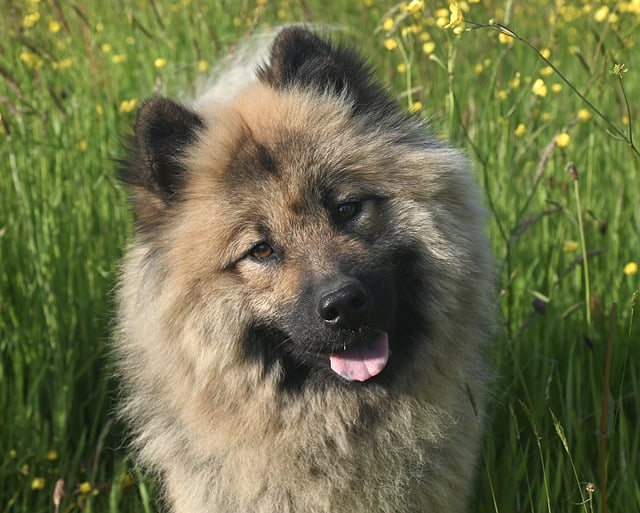Eurasier Dog: The Perfect Family Companion
Are you looking for a loyal and affectionate dog to add to your family? Look no further than the Eurasier dog! This breed of dog has a unique history and temperament that make it a great choice for those who want a furry friend to join them on their adventures.

Breed |
Height |
Family Friendly |
Grooming Period |
Shed |
Exercise (minutes per day) |
Training |
Nutrition |
Potential Health Issues |
Life Span |
Eurasier Dog |
Medium |
Yes |
Weekly |
Yes |
60-90 |
Moderate |
High-quality protein, fat, and carbohydrates |
Hip dysplasia, elbow dysplasia, eye problems |
12-14 years |
Introduction
The Eurasier dog is a fairly new breed that was designed to be the ultimate family dog. They are confident, good-natured, and love to spend time with their family. Eurasiers are ideal for families with older children or younger children who respect their boundaries and won’t tug and pull at them too roughly.
History
The Eurasier dog is a medium-sized breed that was created in Germany in the 1960s. They were bred from a mix of Chow Chows, Wolf Spitz, and Samoyeds to create a dog that was loyal, affectionate, and good with children. The breed was recognized by the Federation Cynologique Internationale in 1973.
Temperament
Eurasiers are self-assured, calm, and even-tempered dogs that are devoted to their owners. They thrive on affection and attention and are incredibly loyal to their families. They are intelligent and easily trained, making them great pets for first-time dog owners. They are also watchful and alert, making them great alarm animals.
Care
The Eurasier is a low-maintenance breed when it comes to grooming. They have a thick double coat that sheds seasonally, so regular brushing is recommended. They are an active breed and require daily exercise to keep them healthy and happy. They also benefit from mental stimulation, such as training and puzzle toys.
Fun Facts
-
Eurasiers are also known as the Eurasian
-
They were bred to be the ultimate family dog
-
Eurasiers are ideal for families with older children or younger children who respect their boundaries